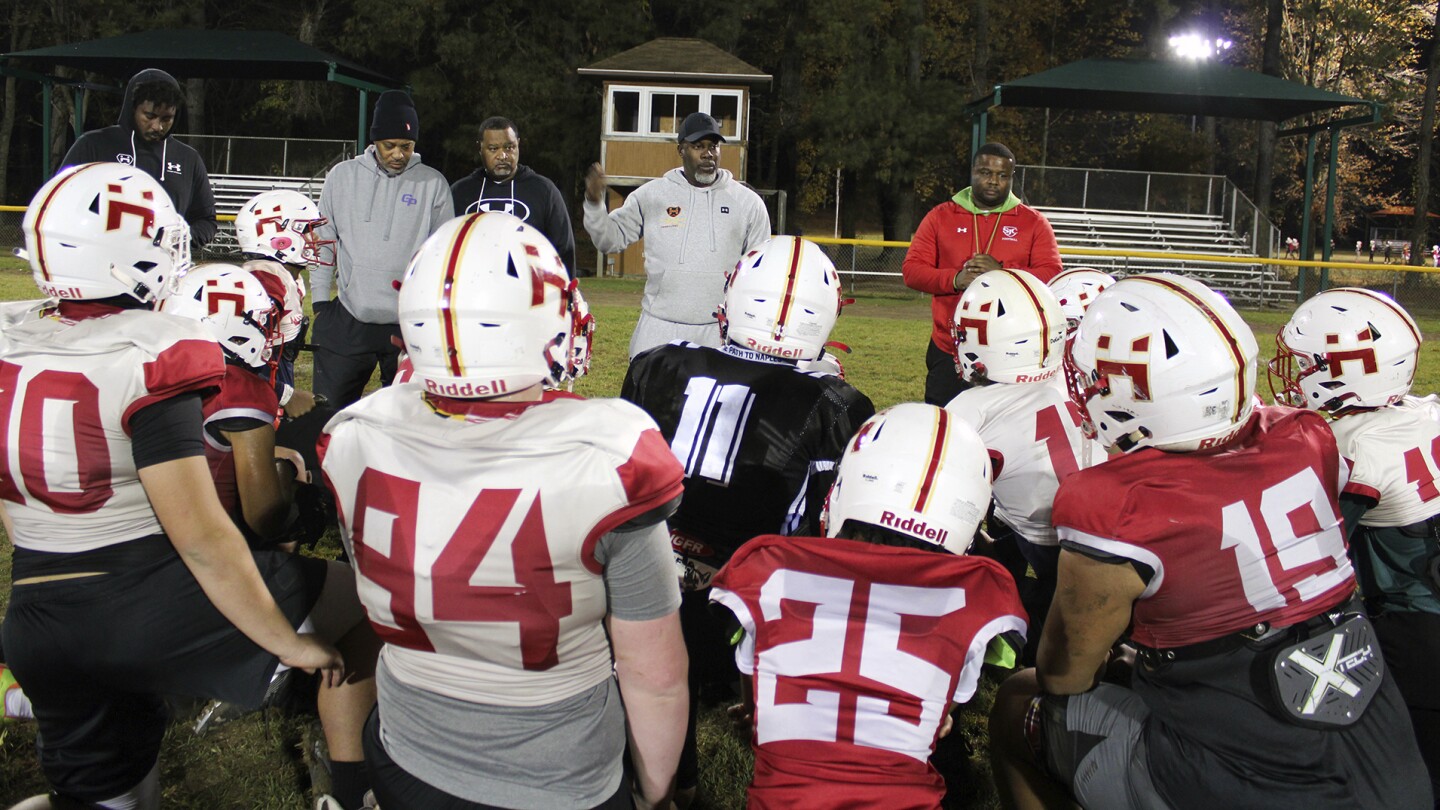Many are opting out. Participation in youth tackle football has been declining for years. But especially in communities of color, tackle football’s lure remains strong and the balance tips toward opportunity, a four-month investigation by The Shirley Povich Center for Sports Journalism and the Howard Center for Investigative Journalism at the University of Maryland has found.
[…]
Last year, the Boston University CTE Center released a study that said the developing brains of children are at risk for damage from repeated impacts to the head and brain that have been associated with impulsive behaviors and cognitive problems.
The study notes that children who start playing tackle football at an early age or participate in the sport for more than 11 years run an increased risk of such impairment.



I mean obviously the real answer is a little of column A and a little of column B. My parents tried to keep me out of contact sports as long as they could, but I was drawn to them like it was destiny. I eventually traded every single non-contact sport with the contact variety during that season (football, wrestling, and rugby).
That being said, there were also kids who stopped playing contact sports as they got older, for one reason or another. Would some of them have played when they were younger if their parents hadn’t signed them up? Probably not.
The main point the article is trying to make is more nuanced than “why do kids play contact sports?” They’re really asking “why do minority kids play football at a higher rate than white kids?” They’re suggesting the answer is that since minorities in the US are disproportionately poor, they’re more likely to hope, whether consciously or not, that their kid will make it big in sports.